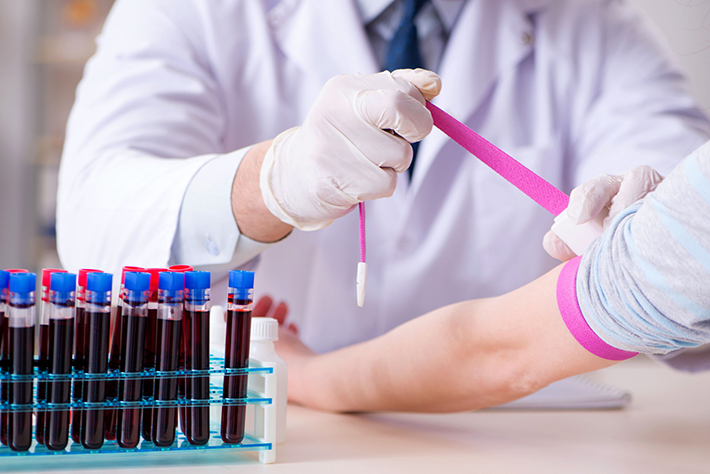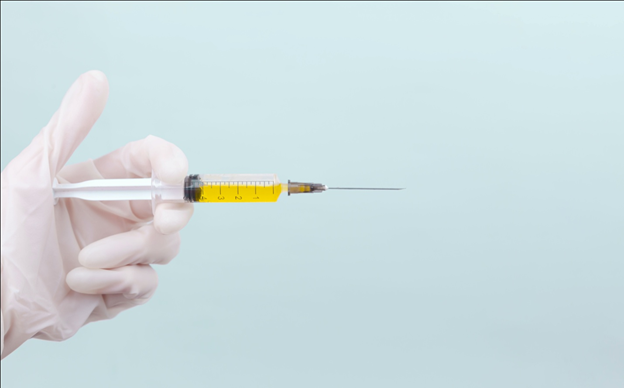
Phlebotomy Career Training now offers students an Online Phlebotomy Technician Tier III Program where you can achieve four certifications in a single program. This online, four-in-one package is designed to meet the needs of every student passionate about becoming a phlebotomist but juggling with their professional and personal obligations.
Let’s find out more about the program and what it offers:
Online: Phlebotomy Technician Tier III – Phlebotomy Career Training
Every student passionate about becoming a phlebotomist knows that it requires earning a certification in phlebotomy training. When you start looking for institutes that offer phlebotomy technician courses, your priority may be to opt for an online program that you can manage with your job.
What if you get a chance to earn multiple certifications in the same amount of time spent on a single program at the fairest price?
Yes, this is possible at Phlebotomy Career Training through its Online Phlebotomy Technician Tier III Program, where you get:
- Phlebotomy Technician certification
- IV Technician certifications
- Two National Certification Exams
Indeed, a four-in-one package enables you to extend your expertise and career sphere and gain four recognized certifications in a single program saving you time and money.
Phlebotomy Career Training is a trusted institute offering a wide range of certifications in medical health, both online and in-class, throughout the US. Plus, all certifications are recognized nationwide.
The institute has been offering top-notch certifications in phlebotomy training led by experienced educators for years. The online courses offer no less than an in-class experienced where the instructors communicate with the students in real time through video lectures and zoom.
What Does the Online Phlebotomy Technician Tier III Include?
Besides the Phlebotomy Technician Certificate, this tier III program includes:
- An IV Technician Certification
- National Phlebotomy and IV Technician vouchers; these 6-month vouchers are complimentary
- A full book in PDF (NAPTP Study Guide)
- Online tutoring and lectures by expert medical professionals at an affordable price
- A virtual simulation kit (VSK) for phlebotomy training
- A kit for IV Venipuncture Training
- Contact the assigned instructors through email and phone.
- Additional materials and resources
- Two NIVA ( National IV Association) Certification Exams
In the Phlebotomy course, you will learn proper phlebotomy techniques in compliance with the protocols, point-of-care testing, specimen processing, proper use and maintenance of equipment, practices, and principles for infection control, and more.
In IV Technician training, you will learn proper IV insertion and flushing techniques and principles in compliance with the protocols, venipuncture techniques, venipuncture safety hazards and complications, preparation, use, and maintenance of intravenous therapy equipment, and more.
For online students, Phlebotomy Career Training offers virtual simulation kits (VSK), which they can get upon registration. VSK is a great alternative for students who can’t access internships for any reason. Using this kit, you can complete 30 venipunctures required for this course.
For IV technician training, you must submit a video of your virtual internship. However, since both phlebotomy and IV insertion training involves the Venipuncture technique, you don’t have to submit a separate video for IV insertion.
Besides the above, you learn to:
- Collaborate with a team of professionals
- Practice your profession following established protocols, safety guidelines
- Communicate with patients appropriately and professionally, respecting the diversity, dignity, values , and opinions of patients/clients and colleagues while ensuring the confidentiality of information
- Capture relevant data and present it appropriately
- Ensure appropriate samples are collected, handled, and shipped according to established protocols
And the best part about this course is that it offers a 6-month time. You can complete it at your own pace and easily manage it with your current job.
Register now before the tuition prices hike. Call (734) 762-3220 or visit the website for more information!
Offering More than Phlebotomy
Did you know that you have options when it comes to a career in medical health? Phlebotomy certification provides a strong foundation and if you choose to expand or explore, use it as your springboard. Options include, medical coding and billing, pharmacy technician, home health aid as well as dialysis technician and medical assistant. All of which have several tiers of certification within. Speak to a program coordinator and find your career fit that is in demand.
Go beyond and set yourself above the others with a national certification in phlebotomy. The NAPTP is committed to establishing guidelines, procedures and protocol that puts patient safety first, a top priority throughout the healthcare industry with phlebotomy as a leader. Check out the programs and certifications available here.
Other programs and certifications that Phlebotomy Career Training is affiliated with and you should check out are the National IV Association and the National Telemetry Association. Obtaining national training with certification from organizations such as these will keep you up to date on leading industry standards and will set you apart from the competition.









